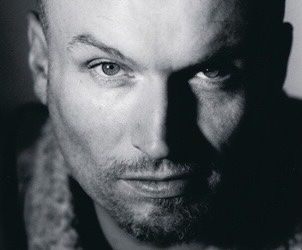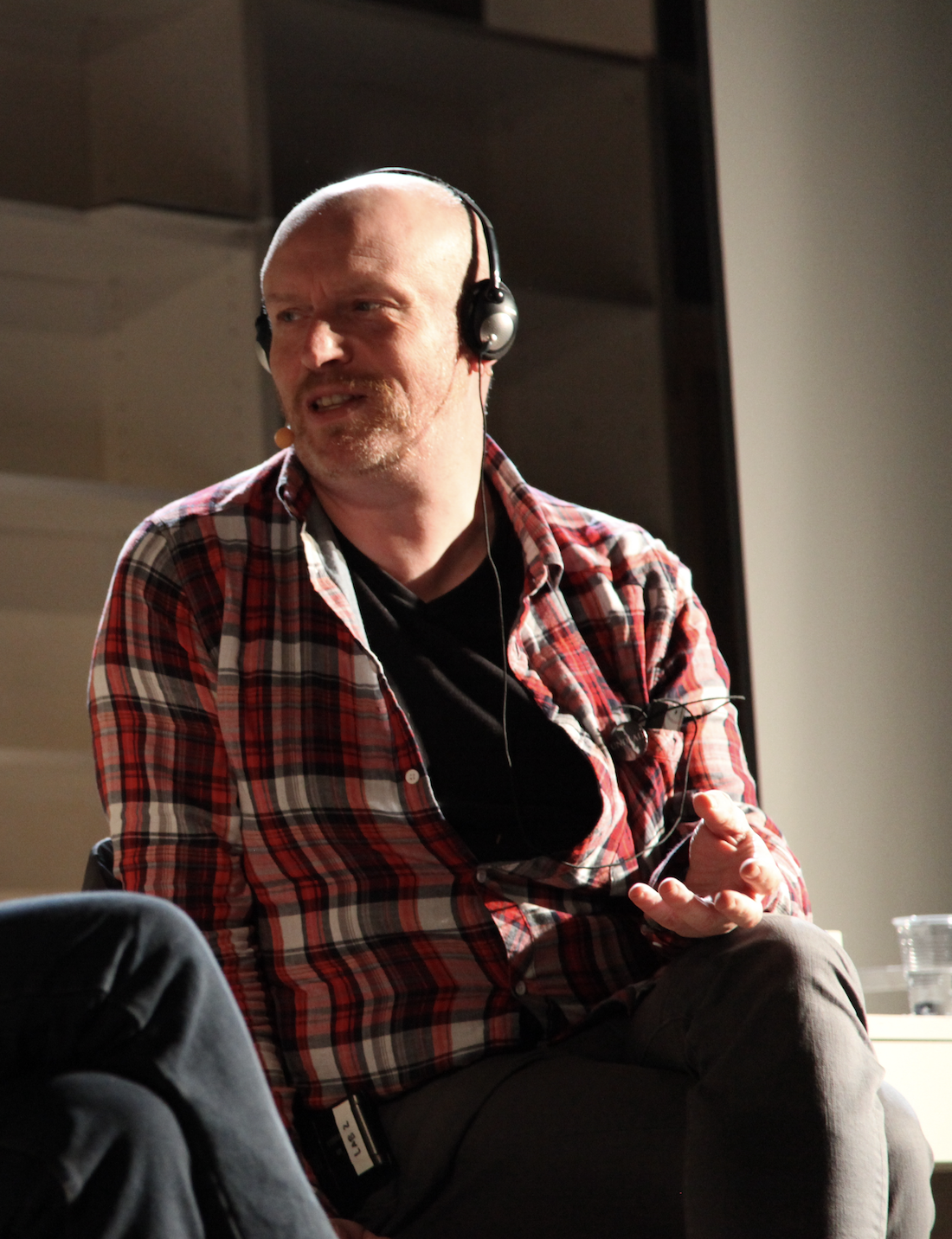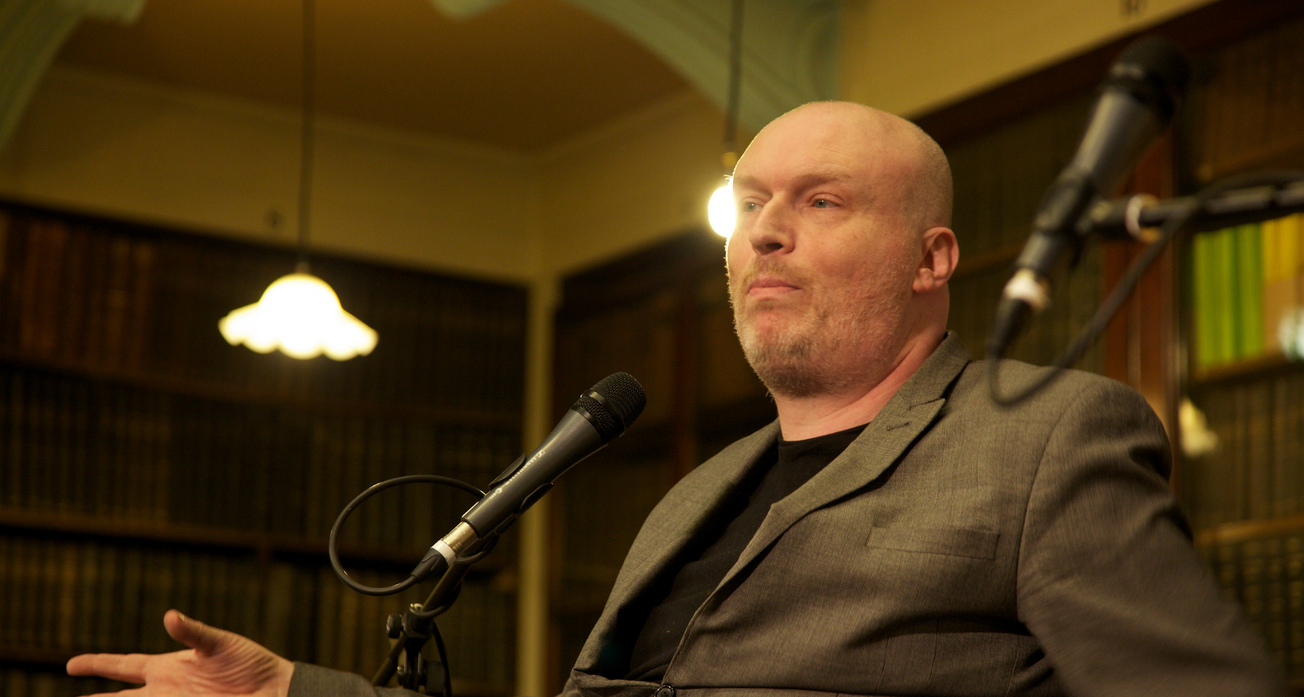By Holly Beaumont, Investigations Editor
To mark LGBTQ+ history month, Epigram spoke with playwright and former Bristol student, Mark Ravenhill, about his experience of being gay at the university in 1984.
Prior to the start of a lengthy and successful career, his professional journey began at The University of Bristol in the 1980's- although he said, ‘I avoided the academic stuff and just did student drama’. ‘They didn’t mis-sell the course but somehow in my teenage head I imagined that a course called ‘drama’ was vocational’, he continued.
This mis-understanding was not the only thing about his experience at Bristol that fell short of his expectations.
Mark Ravenhill on how his The Boy in the Dress musical pushes all the right buttons 👗👗👗 https://t.co/ldq0va8YQh pic.twitter.com/plhQxtP5ob
— Sunday Times Culture (@ST_Culture) November 24, 2019
‘I think I had the expectation that when I went to Bristol I could come out and that was a safe environment and then I quite quickly found out that it wasn’t’, he said.
‘Bakc then, there were literally 10 people in the Gay society at the whole University.’
‘It really wasn’t that long ago but things were markedly different. It was a very, very dark time’, he continued.

I asked Mark about his experiences at university that caused him to feel that he was unable to come out.
‘It was still quite acceptable to make jokes about gay people. Even amongst lecturers it was seen as a source of joking’, he said.
‘I once had this English tutorial on Shakespeare’s ‘A Winter’s Tale’, where the teacher spent the whole hour talking about how homosexuality was an aberration and if you loved someone of the same gender it was a mental illness.’
'You realise this isn't a safe place'
‘We never did get onto anything else about ‘The Winter’s Tale’. And so, you realise this isn’t a safe place’, he told me.
Despite this, Mark doesn’t regret choosing Bristol University - ‘In general. I don’t really do regrets. But, no, I had a great time and I’m glad I had that time in Bristol’, he said.
He countered this, however, stating, 'Although I knew that I needed to leave the day I graduated. I thought "I’m moving to London the day I get that graduation certificate and I’m never coming back".
'Back then, there were literally ten people in the gay society'
In light of hit Channel 4 television series, It’s a sin (2021), which is a dramatization of the experiences of gay men during the outbreak of HIV/AIDS - Mark and I discussed the parallels between the show and his experiences as a young person.
‘This stuff sort of overlaps with what’s being written about at the moment' he said.
‘Particularly at the beginning of the AIDS crisis, there was so much very, very negative press coverage. Like the head of police in Manchester said on the front page that AIDS was a punishment from God’, he said.
Discussing #ItsASin now on @BBCRadio2 and the impact it's had.
— National AIDS Trust (@NAT_AIDS_Trust) February 26, 2021
The real-life Jill also shares information about living with HIV today and the treatment and prevention available - like #PrEP
Listen back on BBC Sounds.#BeMoreJill https://t.co/IGJnQ76h66
‘The theatre company ‘Gay Sweatshop’ was touring and they couldn’t get cleaners to come and clean their theatres, when people were in hospital with AIDS, their partners didn’t have a right to visit them. All these things feel like 200 years ago, rather than 35 years ago.’
While as a closeted university student Mark did not have much experience with AIDS, he elaborated ‘it started affecting me really in the 90’s’.
He was diagnosed with HIV aged 24.

‘I was diagnosed in 1990 before there was any medicine but I was young and arrogant enough to believe I’d survive!’, he said.
'Effective treatment became available in 1997’, he continued.
Mark defied the odds and his youthful confidence served him well, living a full life with HIV.
'I was young and arrogant enough to believe I would survive'
Despite all he has endured, Mark has hope for young people in the LGBT community today.
‘I hope now at a University like Bristol you could feel open’, he said.
‘I hope their situation would be very, very different. I would hope that even from school onwards they would feel in a much safer place’, he said.









